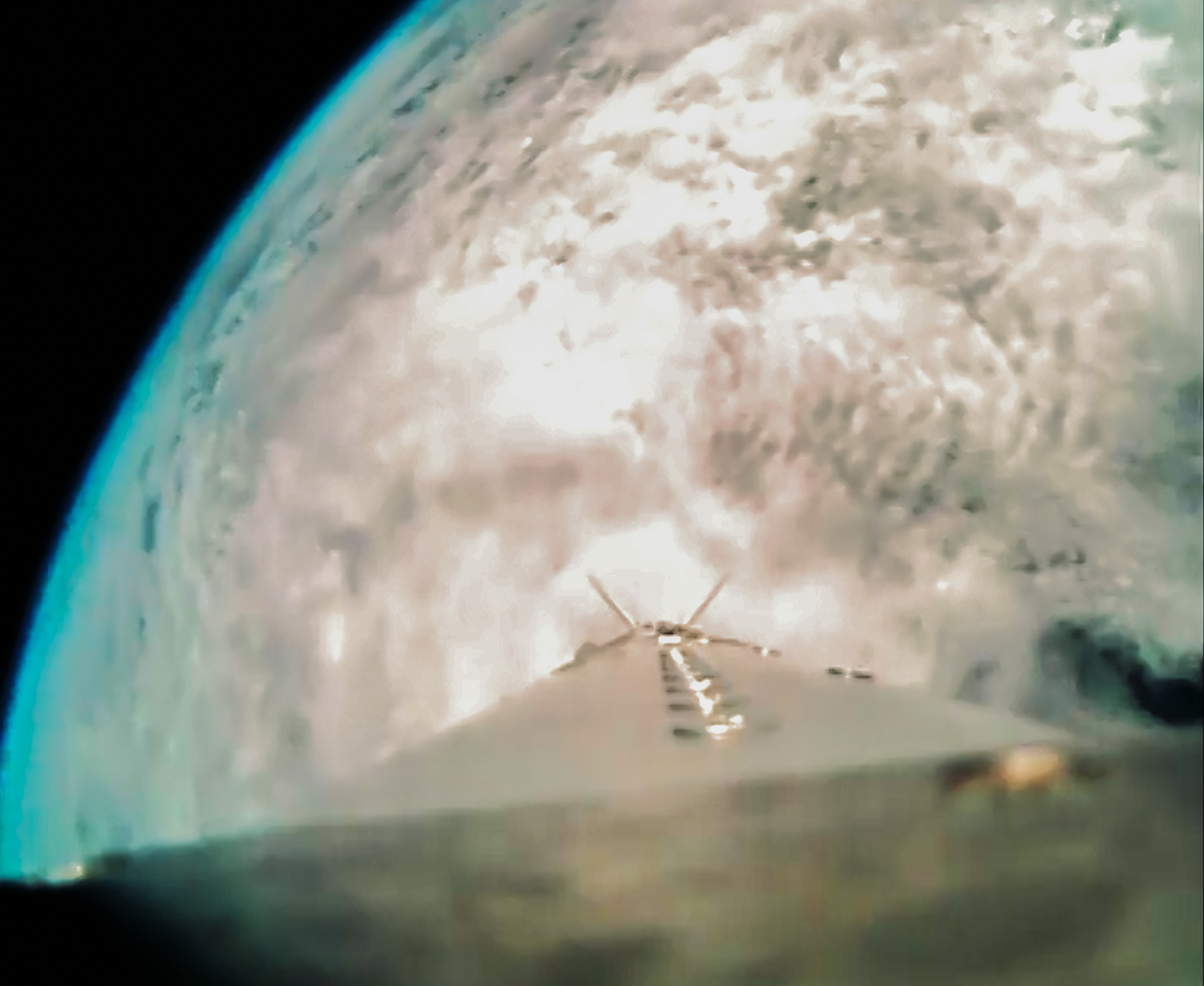
Poland's ILR-33 Amber 2K rocket is successfully launched. Łukasiewicz – Institute of Aviation
Poland Breaks Space Barrier with Eco-Friendly Rocket
Nation Joins Elite Space Club, Paves Way for Green Propulsion
Poland officially entered the space age on July 3rd, successfully breaching the Kármán line - the internationally recognized boundary of space at 100 kilometers altitude. The historic launch took place from the Norwegian island of Andøya, a site with a rich history in sounding rocket launches and a promising future for space collaborations. Partnerships with entities like Poland's Łukasiewicz – Institute of Aviation and Germany's Isar Aerospace are set to flourish in this space hub.
The ILR-33 Amber 2K rocket, which reached 101km, has been in development and production since 2014. The rocket is designed, developed, and manufactured by Łukasiewicz Research Network - Institute of Aviation, Poland (ILOT) in Warsaw. The ILR-33 is a single-stage rocket augmented by two solid rocket boosters. The propellant for the core stage is 98 percent hydrogen peroxide, which is a very "green" propellant in terms of the environment. The rocket can be launched on a mobile platform and is often launched from Ustka, Poland, on the Baltic Sea coast and now Norway.

The July 2024 launch of the ILR-33 Amber 2K rocket thus marked a milestone in utilizing hydrogen peroxide (HTP) for spaceflight. This launch successfully demonstrated the potential of HTP as a greener propellant option compared to traditional fuels. HTP offers the high thrust necessary for space missions while reducing environmental impact. The Amber 2K's success will pave the way for further exploration of HTP as a viable fuel source for sustainable space exploration.
The rocket itself is being developed and produced with future scientific and industrial users in mind. It is expected that the rocket will provide cost-efficient dedicated access to microgravity conditions at high altitudes, allowing it to perform atmosphere sounding and astronomy missions.
In the near term, the rocket will be used as a technology platform within the Satellite Sensing and Communication System for Suborbital Rockets (SUBCOM) project. The Polish SUBCOM project aims to improve communication and data collection for suborbital launch vehicles.
Poland's confirmed launch of the Amber 2K rocket above the Karman Line signifies a major leap for their space program (POLSA). This accomplishment enhances their international reputation, attracts potential partners and investment, and boosts scientific research opportunities. The successful launch could serve as a springboard for developing even more advanced launch vehicles, potentially leading to orbital missions and solidifying Poland's position as a major player in the global space industry. The recent launch is assuredly a feather in the cap of Poland's scientific community.
NEXT STORY: H3 Launches its Second Successful Mission

